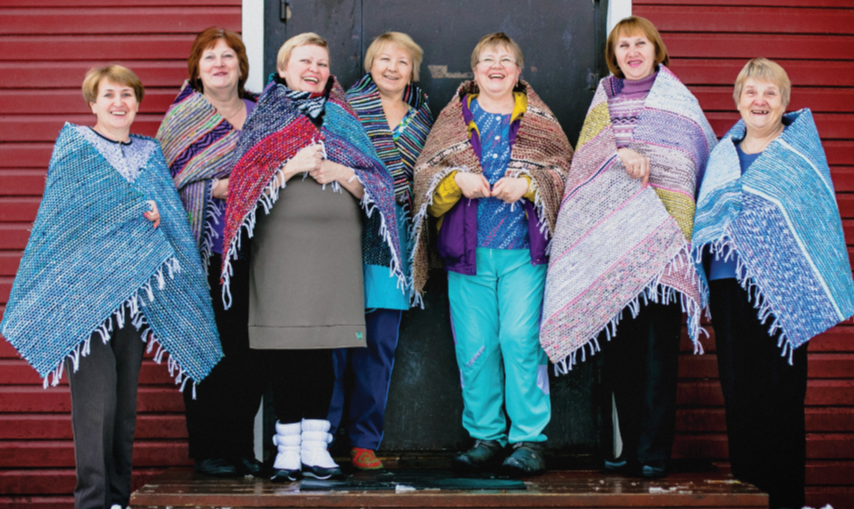Community foundations now number 170 organisations in 60 countries. This number is continuously growing – and in Russia it’s no different.
At a roundtable event in London with CAF Russia last month, the room learned how the emergence of Russian Community Foundations has impacted the development of civil society, with local movements spreading across the nation. This event was an exercise in powerfully demonstrating that there is no truth to the idea that local communities have nothing if they don’t have ‘wealth’.
With the first Russian community foundation set up in 1998, CAF Russia’s research has shown that that these community foundations s have grown out of established industrial centres and more recently into provincial areas.
For the last 19 years, CAF’s development programme has been about growing local asset bases and, in the process, forming community coherence and a culture of giving.
Community philanthropy states that if you can give, you can also receive. In a nation with a difficult political climate, the Russian sector points to the importance of organisations who mobilise both people and money, without much or indeed sometimes any, external support.
In developing local governance, a regulation of public spaces and community centres, civic activities and also reviving (or establishing) local traditions, this allows culture itself to become a resource to generate funding without wealth.
The Mill Foundation, Togliatti Community Foundation and Garant Foundation proved over the course of the morning that community foundations are not rigid entities, and it is in this that their strength lies in creatively reaching out to communities in different forms.
This power-shifting movement organises people and structures, and in Russia the government are happy for this accumulation of professional resources and strongly-built relationships has formed, as CFs can solve the regional problems that the local authorities are unable or hesitant to provide. In this way, CFs and NGOs can both compete and collaborate, consulting as experts.
Creativity and strong engagement are paramount in a sector that is struggling against the weight of a closing civic space in Russia. However, in accumulating professional resources, building strong relationships help counteract a damaged and, at times, divided sector. The more open dialogues and roundtable events, the better.
Amy McGoldrick is Alliance’s Marketing and Advertising Officer.







Comments (1)
Was wondering you could elaborate on the phrase:"...In a nation with a difficult political climate...", used in this article. Thank you Eugene Roberts Florida, U.S.A.